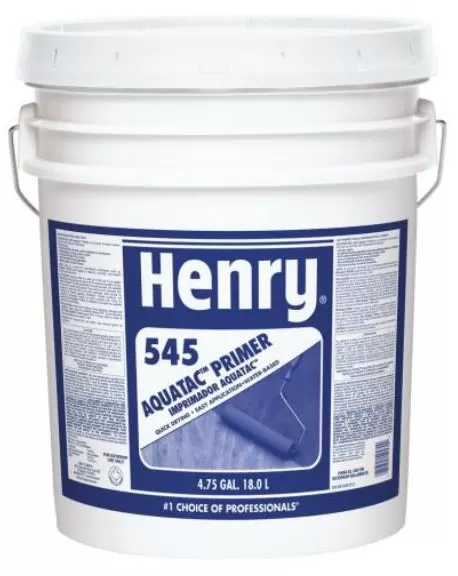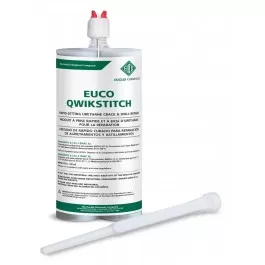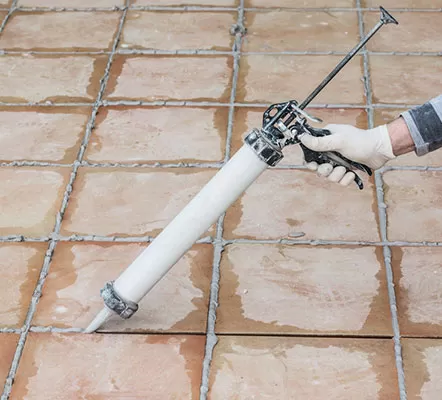Blog
8 Types Of Commercial Caulk To Consider For Your Building
Commercial buildings can benefit greatly from the use of proper caulk. Apart from filling up holes and gaps, caulking can prevent the growth of mold and mildew while also keeping the building watertight to lower maintenance costs. Many people are not aware of the different types of commercial caulk because they generally serve the same purpose. But, how to distinguish between each type? Learn more about each one of them to pick the right one for your commercial needs.
Types of Commercial Caulk
Before you start caulking your building, make sure that you have indeed chosen the right type of caulk and most likely, you will need more than one. Find out about the different types of commercial caulk and learn about their individual attributes.
- Acrylic Latex
This is also known as painter’s caulk which is probably the type that most people think of whenever they think about caulking. It is also the cheapest one available in stores and is meant to patch small cracks and holes which can then be painted over. Acrylic latex caulk can adhere really well to drywall, wood, and masonry and is meant for indoor use only. Often, it is not able to create a watertight seal.
- Vinyl Latex Caulk
This caulk is similar to acrylic latex and is easy to use and clean up while offering greater durability. Acrylic latex is much softer and is water-soluble, but vinyl latex is waterproof and much tougher for use outdoors.
- Acrylic Tile Sealant
This caulk comes in tiny tubes to easily patch gaps and holes found in between tiles that are prone to mildew and mold. It is great for sealing tiles but should not be used as a main sealant.
- Siliconized Acrylic Sealant
This sealant combines the easy application of acrylic with the extra durability of silicon. It is a lot tougher to clean up as compared to pure acrylic but it is much more durable and offers a watertight seal. You can also use the sealant for the outdoors but it may not necessarily be the best choice.
- Pure Silicone
This is one of the most watertight and durable caulks which is ideal for use in bathrooms. It easily adheres to non-porous surfaces and can last for decades. It is not suitable for use on masonry, wood, or drywall as it does not adhere very well to porous surfaces.
- Adhesive Caulk
This may also be known as liquid nails which are extremely strong and meant to stick a pair of surfaces together while also creating a seal in the joint. Most types of adhesive caulk can resist mold and mildew and they can be difficult to clean up.
- Butyl Rubber
This is the type of caulk that is often using in roofing projects. It is highly durable, flexible and watertight. For roofs, gutters, chimneys, and foundations, many contractors prefer butyl rubber as it can easily seal up a property. It is also easy to clean but application can be messy.
- Fireproof Caulk
This caulk can prevent fires from spreading inside a property. It is used for the installation and repairing of insulation as well as to seal holes where plumbing and electrical lines are found.




